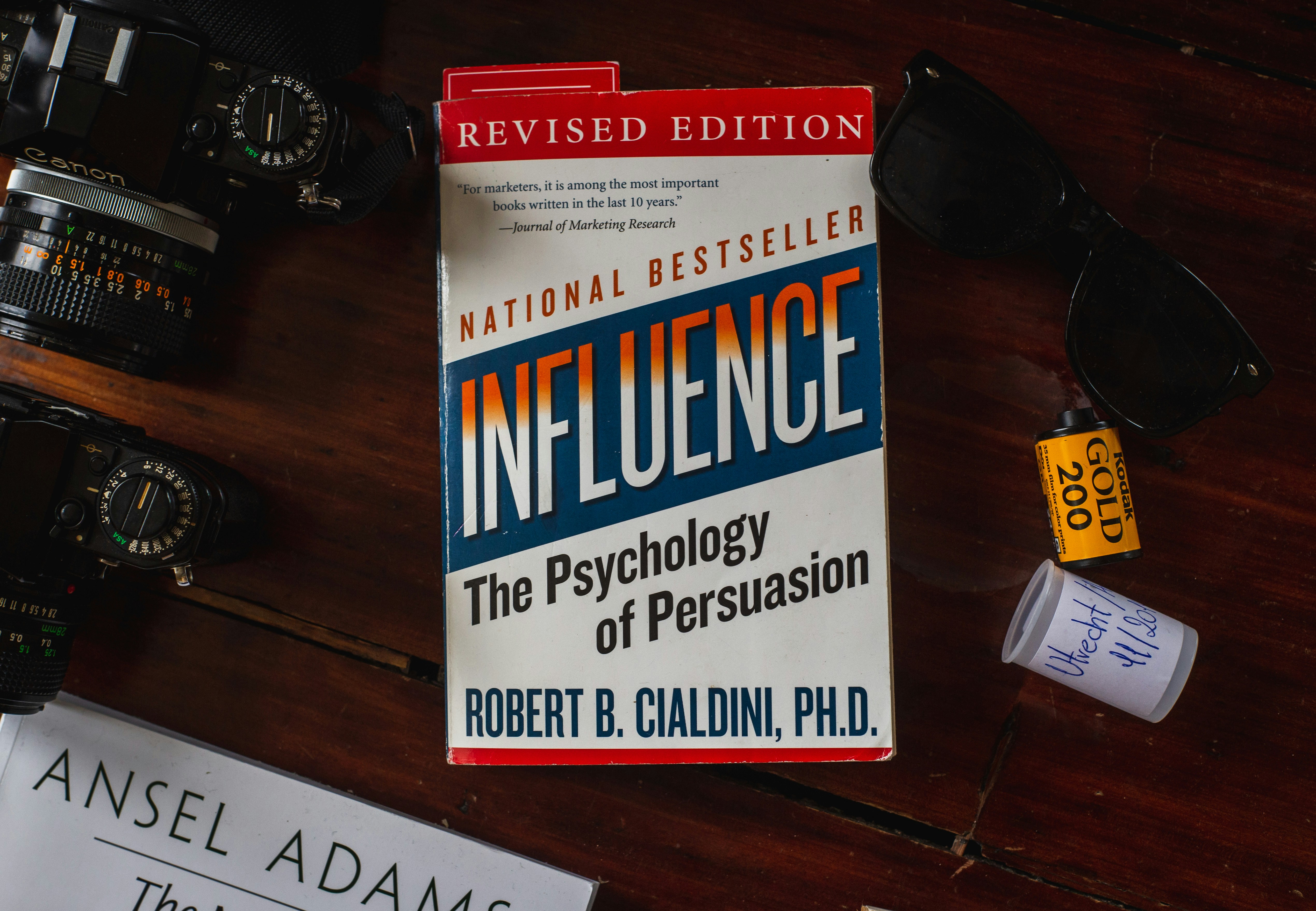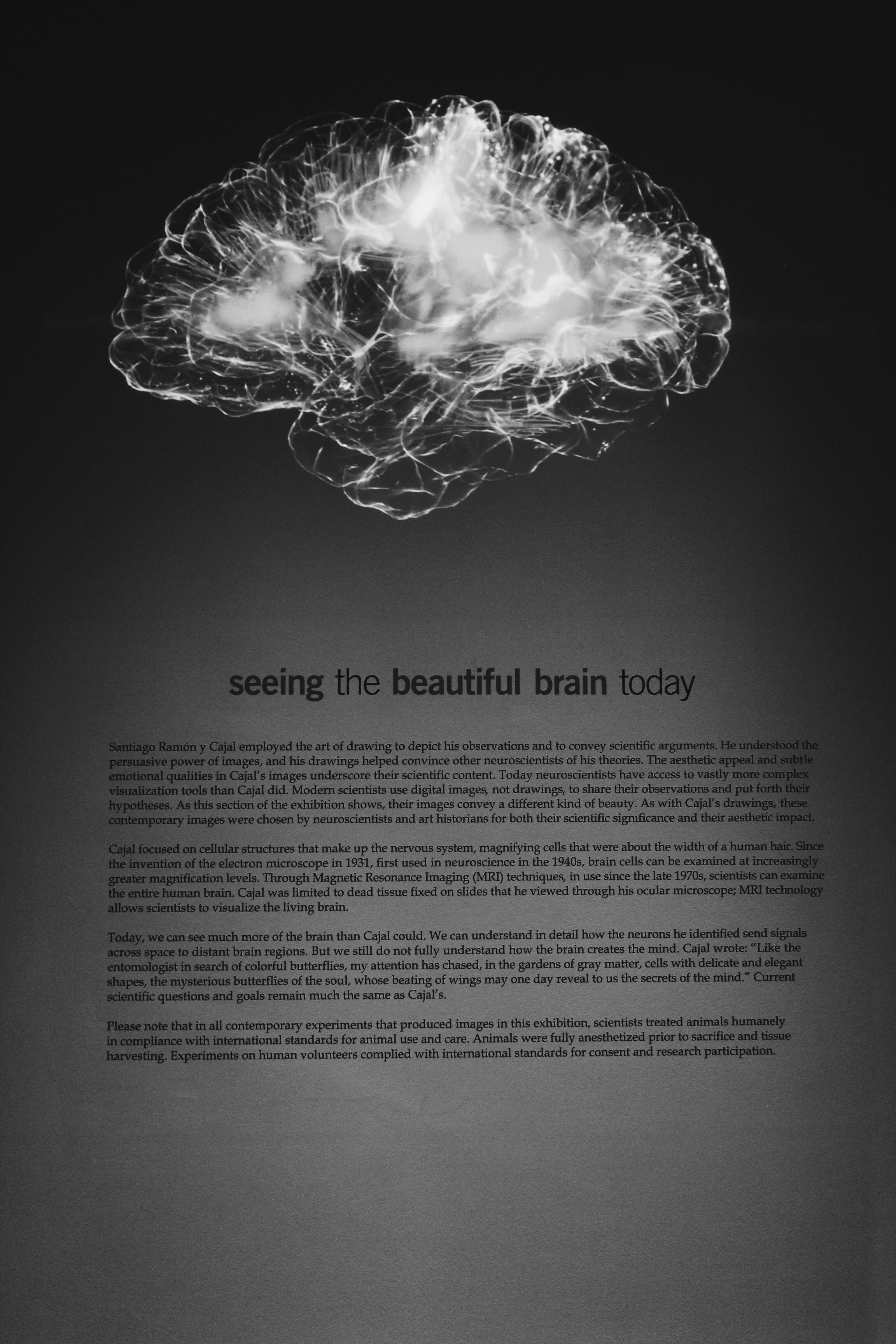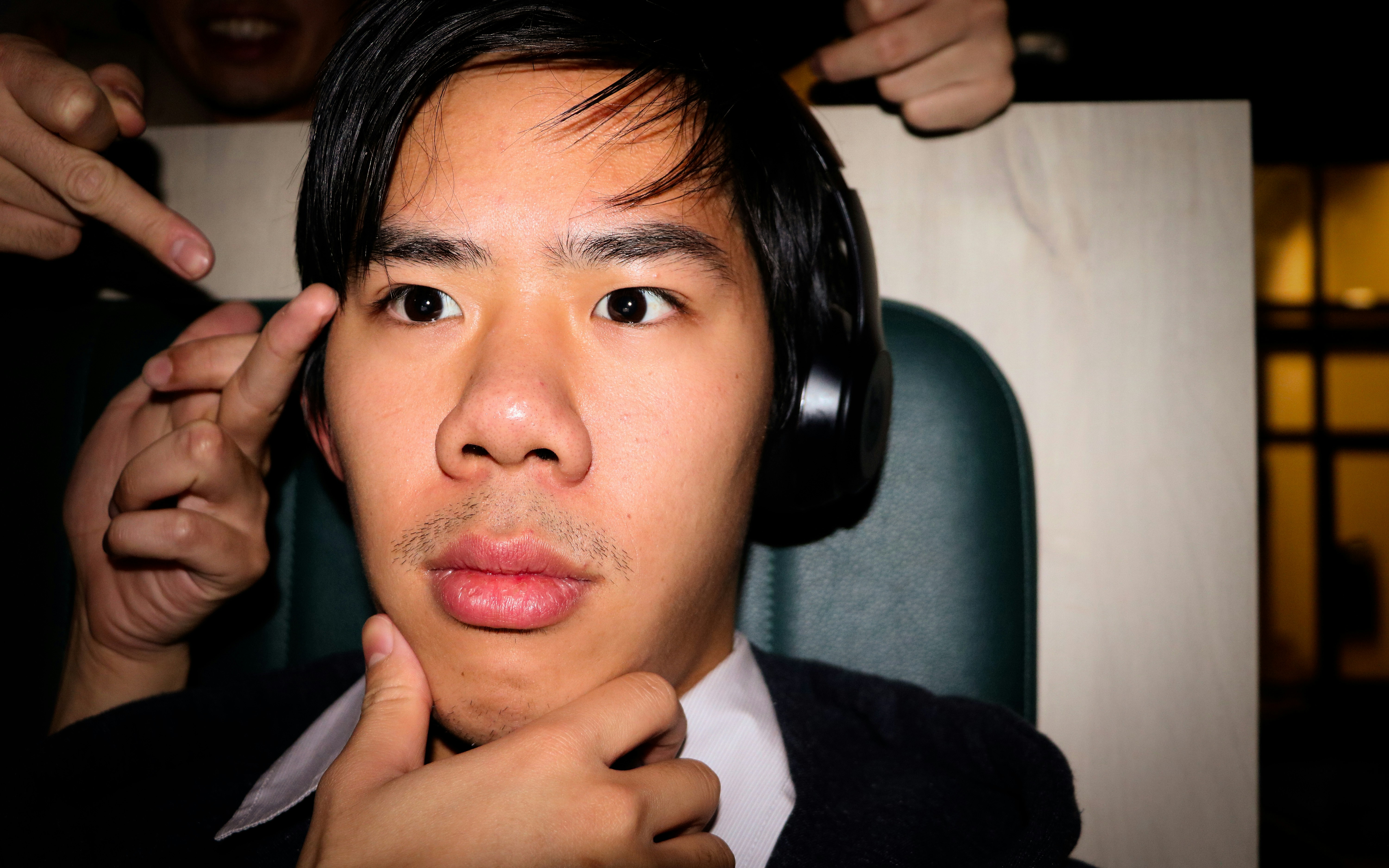
Introduction to Confirmation Bias
Confirmation bias is a well-documented psychological phenomenon that describes the tendency of individuals to favor information that supports their existing beliefs, while concurrently disregarding or minimizing evidence that contradicts those beliefs. As a cognitive bias, confirmation bias plays a critical role in shaping our perceptions, decisions, and overall understanding of the world. This bias is deeply rooted in the brain’s information processing functions, where the cognitive load of evaluating conflicting information may lead individuals to preferentially seek, interpret, and remember information that aligns with their preconceived notions.
At its core, confirmation bias influences various aspects of human thought processes, from everyday choices to significant societal beliefs. It often manifests in situations where individuals actively search for and rely on supportive data while overlooking or dismissing contradictory evidence. This selective scrutiny of information can lead people to develop a false sense of certainty regarding their beliefs, creating a feedback loop that further entrenches those beliefs. Confirmation bias is particularly prevalent in discussions surrounding contentious issues such as politics, religion, and health, where emotions often cloud rational judgment.
Research indicates that this cognitive bias is not merely a product of poor reasoning skills or lack of knowledge. Rather, it signifies a deeper psychological mechanism aimed at preserving self-esteem and reducing cognitive dissonance—an uncomfortable psychological state that arises when one’s beliefs or actions conflict with new information. Thus, individuals may unconsciously adopt strategies to rationalize their positions, leading them to become more entrenched in their original views. Understanding confirmation bias is essential for fostering critical thinking, encouraging open-mindedness, and promoting meaningful dialogue in both interpersonal and societal contexts.
The Psychology Behind Confirmation Bias
Confirmation bias is a psychological phenomenon that occurs when individuals favor information that aligns with their preexisting beliefs while dismissing or undervaluing evidence that contradicts those beliefs. This behavior is rooted in several cognitive mechanisms, notably cognitive dissonance and motivated reasoning. Cognitive dissonance arises when there is a contradiction between one’s beliefs and the actual evidence, leading to mental discomfort. To alleviate this discomfort, individuals often alter their perceptions of the information, reinforcing their original beliefs instead of adjusting them based on new data.
Motivated reasoning also plays a crucial role in maintaining confirmation bias. This concept suggests that people are inclined to interpret and process information in a manner that supports their emotional and ideological preferences. For instance, when faced with disconfirming evidence, rather than objectively analyzing it, individuals might rationalize the evidence or question its validity based on their emotional investments in their beliefs.
Moreover, emotions significantly influence how we process information, further entrenching our biases. Strong emotional attachments to certain beliefs create a protective psychological barrier, making individuals resistant to opposing viewpoints. This emotional aspect is intertwined with social identity, where an individual’s beliefs are linked to their group affiliations, reinforcing the tendency to uphold a shared narrative within their community. As a result, seeking out like-minded individuals or echo chambers can further exacerbate confirmation bias by providing a consistent validation of preexisting beliefs.
Ultimately, these cognitive mechanisms illustrate a complex interplay between rational thought, emotional influence, and social dynamics. Understanding confirmation bias is crucial for fostering more objective, open-minded discussions, as it allows individuals to confront their preconceived notions and consider alternative perspectives, thereby enhancing informed decision-making.
Examples of Confirmation Bias in Everyday Life
Confirmation bias can be observed across a variety of contexts in everyday life, often influencing how individuals perceive and interpret information. One prominent area is politics. For instance, voters may seek out news outlets and sources that reinforce their political beliefs, ignoring or dismissing opposing viewpoints as unreliable or biased. This selective exposure not only shapes their understanding of key issues but also solidifies their existing opinions, creating a feedback loop that reinforces their political identity.
Another significant illustration of confirmation bias is evident in health-related decisions. A person convinced that a particular diet, such as veganism or keto, is the ultimate solution for well-being may exclusively follow and share studies that support this notion. Conversely, they may disregard or minimize research highlighting the potential drawbacks of such diets. This selective gathering of information not only impedes objective decision-making but also affects how individuals perceive the effectiveness of different health regimens.
Social issues also highlight the impact of confirmation bias. For example, during discussions about climate change, individuals who are skeptical of its existence often focus on articles questioning the scientific consensus while ignoring substantial research that confirms it. This pattern not only perpetuates misconceptions but also polarizes public opinion, as people increasingly retreat to echo chambers where their views are reinforced rather than challenged. By selectively interpreting facts to align with their beliefs, individuals contribute to a wider culture of misunderstanding, complicating efforts to address pressing issues.
Through these everyday examples, it becomes evident that confirmation bias plays a significant role in shaping perceptions and beliefs across various domains. Recognizing this tendency is crucial for fostering open-mindedness and promoting constructive dialogue in society.
The Role of Media and Information Sources
In today’s digital age, the role of media and various information sources is pivotal in shaping public opinion and individual beliefs. A significant factor contributing to confirmation bias is the manner in which information is disseminated through media platforms, particularly social media. These platforms utilize complex algorithms designed to curate content that aligns with users’ interests and previous interactions. As users engage with certain types of content, they become entrenched in a cycle of receiving reinforcement for their existing beliefs, thus deepening their biases.
The concept of filter bubbles illustrates how users are often only exposed to perspectives that mirror their own. This phenomenon stems from the tailored nature of algorithms that prioritize familiarity over diversity in content. For instance, a user who frequently engages with political commentary from a particular viewpoint may find it increasingly difficult to encounter opposing perspectives. Over time, this results in a restricted environment where differing opinions are systematically filtered out, reinforcing the individual’s preconceived notions.
Moreover, echo chambers are formed when groups of like-minded individuals congregate, either online or offline, amplifying their beliefs through mutual reinforcement. These social dynamics create an environment where opposing views are not only dismissed but often ridiculed, further entrenching the members’ positions. This collective phenomenon can lead to radicalization, as individuals become more extreme in their beliefs due to the lack of exposure to balanced information.
In essence, the ways in which media and information sources operate can significantly exacerbate confirmation bias. The tailored nature of content delivery means that users are often left unaware of the broader spectrum of information available, leading to a distorted perception of reality and an inability to critically evaluate alternative viewpoints.
Consequences of Confirmation Bias
Confirmation bias profoundly impacts various facets of human interaction and decision-making, leading to significant repercussions in both individual and societal contexts. One of the primary outcomes of this psychological phenomenon is polarization. When individuals consistently seek out information that aligns with their pre-existing beliefs while disregarding opposing viewpoints, they reinforce their convictions. This behavior can create social divides, as people become more entrenched in their beliefs and less willing to engage in dialogue with those holding differing perspectives.
Moreover, confirmation bias can severely hinder critical thinking. Individuals may fall into the trap of accepting information that resonates with their views without engaging in thorough analysis or considering alternative interpretations. This mental shortcut can lead to poor decision-making, as individuals overlook important data and insights that contradict their beliefs. In critical sectors, such as healthcare, economics, and politics, this lack of critical examination can have lasting negative impacts, resulting in decisions that are based more on personal biases than empirical evidence.
Additionally, confirmation bias poses challenges in conflict resolution and the pursuit of common ground. When parties involved in a disagreement prioritize information that supports their stance, they may become less open to compromise or collaboration. This dynamic can exacerbate tensions, making it difficult for individuals and groups to find mutually beneficial solutions. In societies where scrutiny of diverse viewpoints is essential for progress, the pervasive nature of confirmation bias can stifle constructive discourse, leading to stagnation and increased conflict.
Ultimately, understanding the consequences of confirmation bias is crucial for fostering better communication and decision-making processes. By recognizing our tendencies to favor information that aligns with our beliefs, we can work towards more inclusive discussions that encourage critical inquiry and empathy, which are foundational for a cohesive society.
Strategies to Overcome Confirmation Bias
Overcoming confirmation bias requires deliberate effort and the adoption of strategies that encourage open-mindedness and critical thinking. One effective approach is to actively seek out diverse perspectives. Engaging with individuals who hold contrary beliefs can provide new insights and prompt reevaluation of firmly held views. By doing so, individuals can challenge their existing biases and foster a more inclusive understanding of a topic.
Another useful technique is to question one’s own assumptions. This involves scrutinizing the basis of one’s beliefs and the evidence supporting them. Asking oneself why a particular belief is held and considering what alternative explanations might exist can facilitate deeper engagement with conflicting information. Such introspection contributes to a more balanced view and reduces the influence of confirmation bias.
Practicing open-mindedness is equally critical in combating confirmation bias. This means approaching discussions with a willingness to change perspectives and learn from others. Techniques such as adopting the “devil’s advocate” stance, where one deliberately argues against one’s own beliefs, can illuminate the strengths and weaknesses of various viewpoints. This method not only expands understanding but also enhances critical thinking skills.
Finally, implementing structured decision-making processes can help individuals evaluate evidence more objectively. Techniques such as listing pros and cons, or using decision matrices, provide a framework for analyzing information without the overshadowing effects of personal bias. Encouraging collaborative discussions in group settings can further enrich this process by incorporating multiple viewpoints, thereby minimizing individual biases.
By employing these strategies—seeking diverse perspectives, questioning assumptions, practicing open-mindedness, and using structured decision-making—individuals can better navigate their cognitive biases. These methods bolster the ability to engage critically with differing viewpoints and promote a more balanced and informed understanding of complex issues.
The Importance of Critical Thinking
Critical thinking is an essential skill that enables individuals to evaluate information, discern credibility, and formulate reasoned judgments. This cognitive process involves analyzing and assessing one’s beliefs and the evidence that supports or contradicts them. In the context of confirmation bias, critical thinking serves as a counterbalance, encouraging individuals to question their assumptions and seek diverse perspectives.
The components of critical thinking include analysis, evaluation, inference, and interpretation. Analysis involves breaking down complex information into simpler parts, which aids in understanding the underlying arguments and evidence. Evaluation requires individuals to assess the credibility and relevance of sources, allowing them to distinguish between well-founded claims and those based on bias or misinformation. Inference refers to the ability to draw logical conclusions from the available evidence, while interpretation is concerned with understanding the meaning of information in context.
In a world inundated with information, the ability to evaluate sources and arguments critically is paramount. Discernment enables individuals to navigate the vast landscape of opinions and data effectively, thereby reducing the likelihood of falling prey to confirmation bias. Engaging with opposing viewpoints, asking probing questions, and actively seeking evidence that challenges one’s beliefs can cultivate a more comprehensive understanding of complex issues.
Moreover, intellectual humility—recognizing the limitations of one’s knowledge and being open to new ideas—enhances critical thinking. It encourages a willingness to adjust one’s beliefs based on new information, fostering personal growth and understanding. By adopting a mindset that values critical inquiry over unyielding conviction, individuals can mitigate the effects of confirmation bias and engage in more constructive discussions and decision-making processes.
Case Studies Highlighting the Impact of Confirmation Bias
Confirmation bias, the tendency to search for, interpret, and remember information in a way that confirms one’s preconceptions, has profound implications in various contexts. Numerous case studies illustrate this cognitive phenomenon, revealing how it shapes beliefs and attitudes over time.
One notable example is the pro-smoking campaign of the 1950s and 1960s. Despite emerging evidence linking smoking to severe health issues, including lung cancer, many individuals and even medical professionals continued to smoke. Tobacco companies capitalized on this confirmation bias by presenting research that downplayed health risks. Serious evidence was often dismissed or criticized, leading to an environment where confirmation bias clouded judgment. The consequences of this disregard for contrary evidence were catastrophic, with millions suffering from tobacco-related diseases as a direct result.
Another poignant case involving confirmation bias occurred during the invasion of Iraq in 2003. Prior to the invasion, there was a widespread belief among government officials and the public that weapons of mass destruction (WMDs) existed in Iraq. Decision-makers selectively interpreted intelligence reports that supported this view, while opposing evidence was largely disregarded. This misjudgment not only led to geopolitical turmoil but also raised critical questions about intelligence integrity. The failure to seek out and consider contradictory evidence had significant repercussions not only for Iraq but also for global politics.
Furthermore, in the realm of climate change, confirmation bias remains prevalent. Some individuals reject scientifically robust climate models and data due to their pre-existing beliefs about environmental issues. This resistance to evidence hampers meaningful dialogue and hinders comprehensive solutions to pressing global challenges. Educators and policymakers must address confirmation bias to promote a more informed public.
These case studies highlight the significant impact of confirmation bias on decision-making processes and societal outcomes. Ignoring contrary evidence can lead to dire consequences, underscoring the importance of fostering critical thinking and openness to diverse viewpoints.
Conclusion: Embracing Open-Mindedness
In light of the various aspects of confirmation bias and its pervasive influence on our beliefs, it is imperative to recognize the importance of open-mindedness. Throughout this discussion, we have examined how individuals often cling to their existing beliefs despite evidence that contradicts them. This tendency to favor information that aligns with our preconceived notions can hinder personal growth and limit our understanding of the world around us.
One of the key takeaways is the necessity for individuals to cultivate awareness of their own biases. By recognizing the innate human tendency to seek confirmation of our beliefs, we can take steps to mitigate its effects. This involves actively seeking out diverse perspectives and engaging with ideas that challenge our assumptions. Embracing humility and admitting that our views may not be entirely accurate can lead to a more nuanced understanding of complex issues.
Furthermore, fostering an environment that encourages open dialogue can help break down the barriers created by confirmation bias. When individuals feel safe to express differing viewpoints, it promotes critical thinking and enhances our collective decision-making. As we navigate an increasingly polarized society, it becomes even more crucial to engage with opposing evidence constructively. This does not imply abandoning our beliefs but rather refining them through informed and respectful discussions.
To sum up, embracing open-mindedness is vital for both personal development and effective communication in our society. By prioritizing awareness of our biases and remaining receptive to new information, we can build a more balanced worldview. It is through this concerted effort that we can evolve our beliefs, ultimately leading to richer conversations and deeper understanding among diverse communities.






